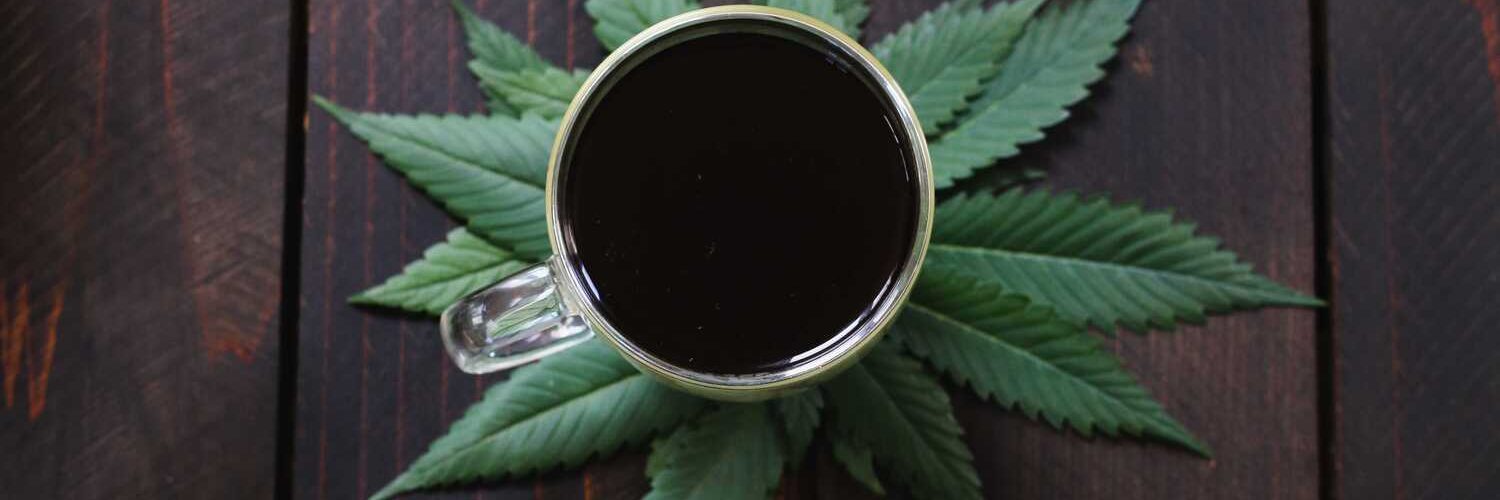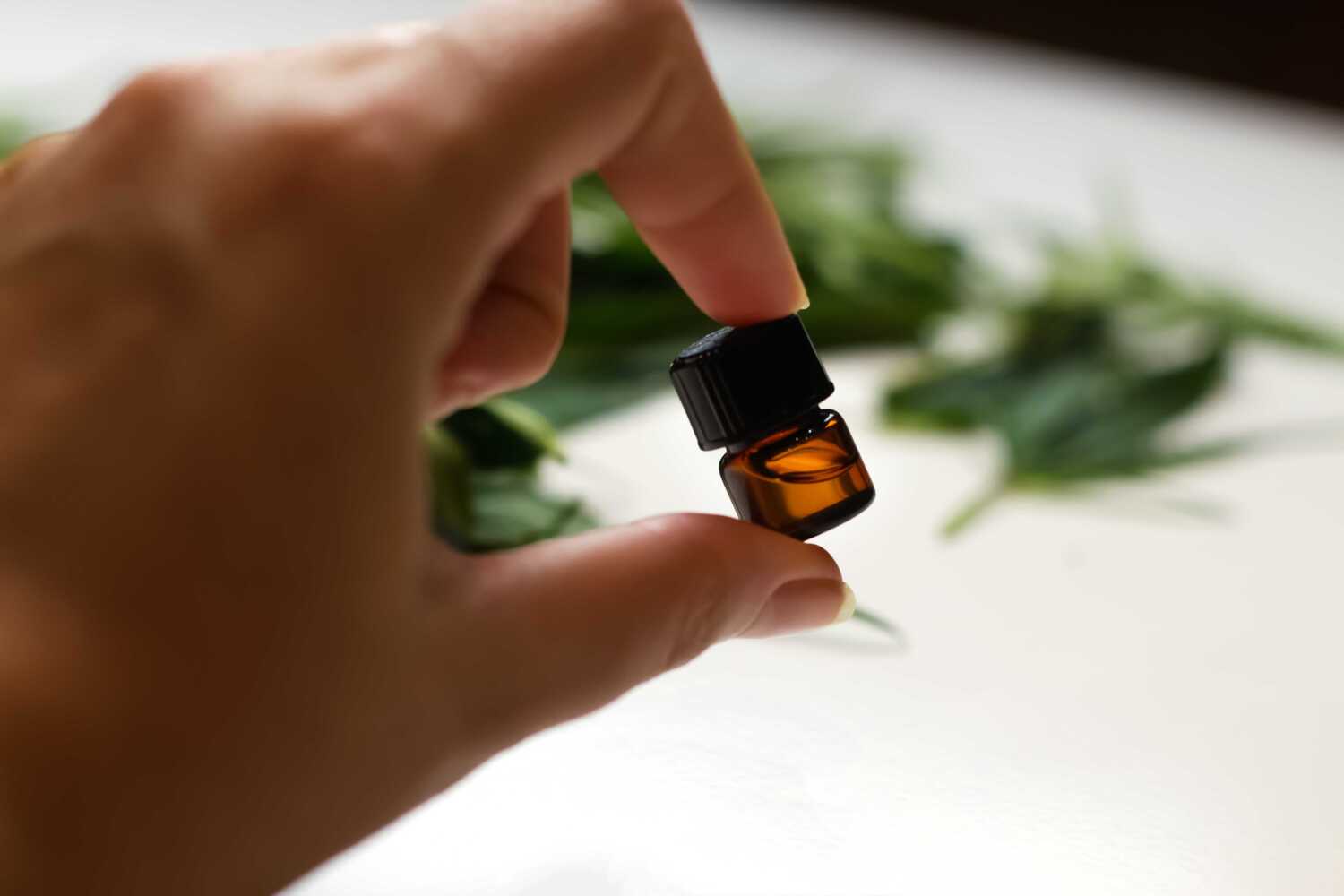- Jake Peter
- Published: February 11, 2024
- Fact-checked by Dr. Desiree Granados

THC-O acetate, commonly known as THC-O, has sparked significant interest as a novel compound in the world of cannabinoids. Despite its similarity in name to the well-known THC–the primary psychoactive ingredient in cannabis–THC-O has a unique chemical structure that induces different effects. In this article, we’ll delve into the science behind THC-O, its legal status, effects, and more.
What Is THC-O and What Are the Effects?
THC-O, also known as THC-O acetate, is a synthetic cannabinoid that is similar to THC, the primary psychoactive component in cannabis. It’s often referred to as a prodrug, which means it needs to be metabolized by the body to become active. Once converted, it’s believed to be considerably more potent than regular THC.
The effects of THC-O can include intense visual and auditory hallucinations, a deep sense of relaxation, and a significantly altered state of consciousness. That said, the full spectrum of its effects are not yet fully understood by the scientific community.
How Strong Is THC-O?
Some reports suggest that THC-O could be as much as two to three times stronger than traditional THC. It offers this higher potency thanks to its higher bioavailability and its chemical structure, which allows it to cross the blood-brain barrier more easily than Delta-9 THC.
Consequently, users should approach THC-O with caution–especially those who are inexperienced or have a low tolerance for THC products.
What Are the Side Effects of THC-O?
THC-O users have reported side effects such as impaired coordination, dry mouth, red eyes, increased heart rate, and anxiety. Due to its high potency, there’s also an increased risk of experiencing intense psychological effects, which can include paranoia, disorientation, and hallucinations.

How Long Does THC-O Last?
The duration of THC-O’s effects can vary depending on several factors, including the individual’s metabolism, the dose consumed, and the method of ingestion. Generally, when inhaled, the effects of THC-O manifest within a few minutes and can last up to several hours.
In contrast, when consumed orally, such as in the form of edibles, the onset of the drug’s effects is slower, commonly taking 30 minutes to an hour. However, the overall experience is prolonged, lasting up to eight hours. It’s important for users to dose with caution, particularly with edibles.
Is THC-O Better Than Delta-9?
When comparing THC-O and Delta-9, the term “better” can be subjective. The question of the superior drug depends on how the user plans to use it and how their body will react to it.
THC-O is known for being significantly more potent than Delta-9 THC. This increased potency can provide more profound therapeutic effects and more intense psychoactive experiences. However, this can also lead to an increased risk of side effects, especially in individuals with a low tolerance for THC.
Delta-9 THC is more widely researched and better understood. Users looking for a milder, more consistent high typically prefer Delta-9 THC over THC-O.
Is THC-O Legal in the USA?
The legality of THC-O in the United States is still an evolving matter. THC-O is a synthesized cannabinoid, yet it’s derived from federally legal hemp, which initially made the drug fall into a legal gray area.
But in February of 2023, the U.S. Drug Enforcement Administration stated that both Delta-8 THC-O and Delta-9 THC-O are illegal controlled substances because they don’t occur naturally and therefore don’t fall under the legal definition of hemp. As a result, the distribution and possession of THC-O became illegal under federal law.
On the other hand, Delta-8 and Delta-10 THC products remain federally legal because their ingredients occur naturally in hemp plants.
Get Your Medical Marijuana Card through the Sanctuary
At the Sanctuary Wellness Institute, we take pride in our unwavering commitment to patient support and education. We strive to simplify the process of obtaining an MMJ card by giving you access to certified medical marijuana doctors and offering guidance along every step of the way.
The Sanctuary offers a compassionate, non-judgmental environment for those seeking to gain access to medical cannabis.
States Where We Offer Medical Marijuana Card Services
How we reviewed this article:
- Natural Ways CBD (2024). What is THC-O? Legality, Effects, Risks, Dosage
https://www.naturalwayscbd.com/blog/what-is-thco/ - NORML (2023). New Study Raises Concerns Over Inhalation of THC-O
https://norml.org/blog/2023/01/11/new-study-raises-concerns-over-inhalation-of-thc-o/ - Emily Murray (2022). The Risks Involved With Using THC-O
https://www.addictioncenter.com/community/risks-thc-o/ - Belinda Hoang (2022). What is THC-O?
https://neurogan.com/blogs/news/what-is-thc-o - Vida Optima (2022). How Long Does a THC-O High Last?
https://vidaoptimacbd.com/blogs/news/how-long-does-a-thc-o-high-last - GreenHerbal Care (2023). THC-O vs. Delta-9: Understanding Their Differences and Similarities
https://greenherbalcare.com/blogs/news/thc-o-vs-delta-9-understanding-their-differences-and-similarities - Chris Roberts (2023). THC-O is not hemp and is illegal under Farm Bill, DEA says
https://mjbizdaily.com/thc-o-is-not-hemp-and-is-illegal-under-farm-bill-dea-says/ - Whitt Steineker and J. Hunter Robinson (2023). The DEA’s Prohibition of TCHO: Why It Matters and Why It May Not
https://www.bradley.com/insights/publications/2023/05/the-dea-prohibition-of-tcho-why-it-matters-and-why-it-may-not
Current Version
February 11, 2024
Written By
Jake Peter
Fact-checked By
Dr. Desiree Granados
Editorial Process
Our Editorial Process

Jake Peter received his journalism degree from Emerson College and has been writing content for the Sanctuary Wellness Institute since 2021. He is passionate about all things cannabis.







